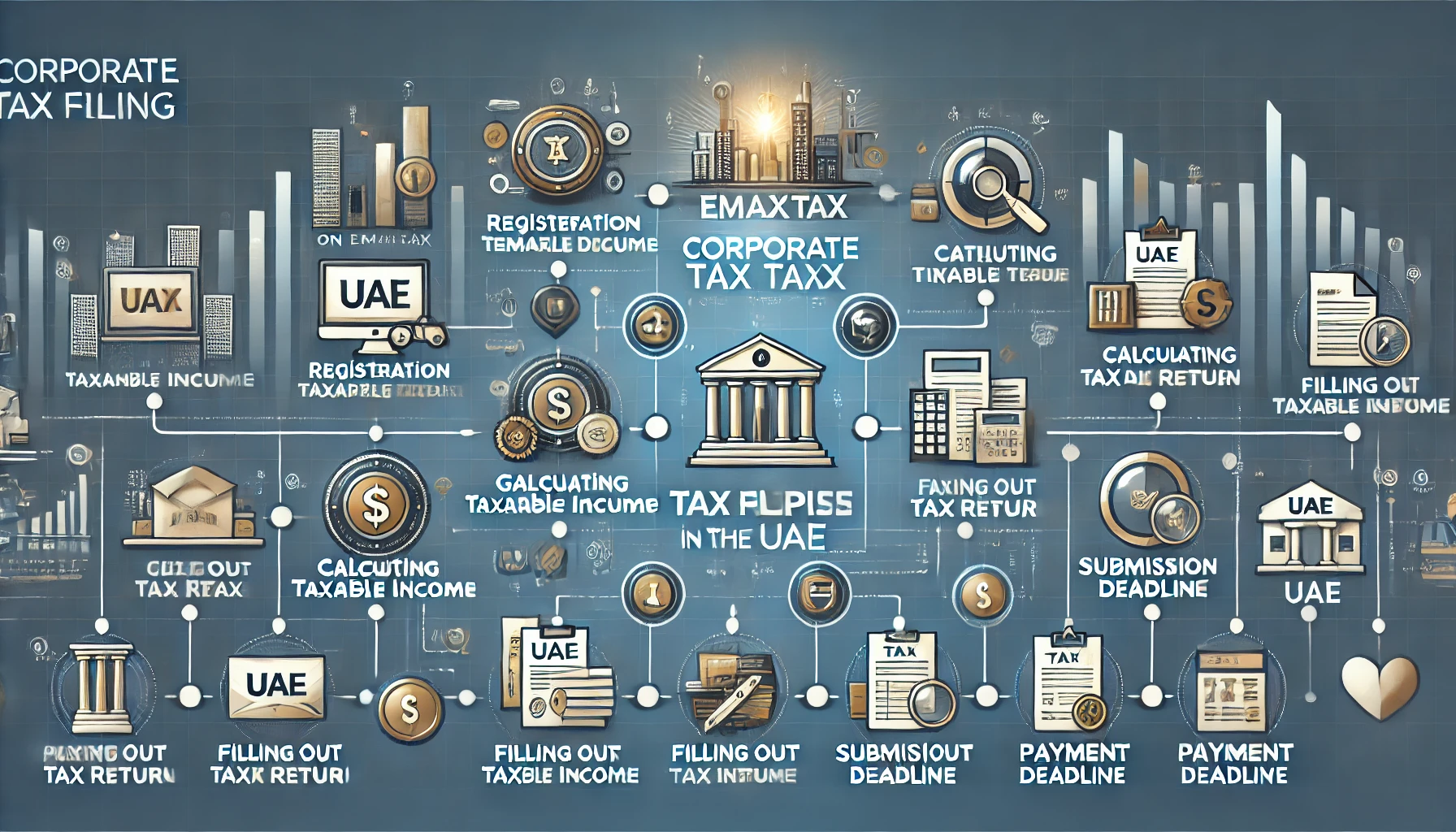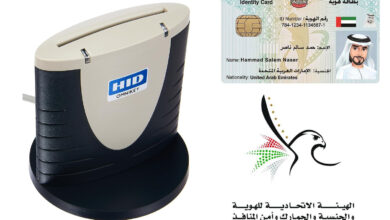How to File Your Corporate Tax Return in UAE: A Step-by-Step Guide

Filing a corporate tax return in the UAE is an essential process for businesses operating under the Federal Corporate Tax Law. To avoid penalties and ensure compliance, companies must follow a structured approach while submitting their tax returns. This guide will help you understand the process and key steps involved.
1. Understand Corporate Tax Requirements in the UAE
The UAE introduced corporate tax at a standard rate of 9% on taxable profits exceeding AED 375,000. Businesses earning below this threshold benefit from a 0% tax rate. However, Free Zone entities may have different tax treatments based on their eligibility for Qualifying Free Zone Person status.
Who Needs to File a Corporate Tax Return?
- UAE-based juridical persons (companies, LLCs, partnerships).
- Free Zone businesses (depending on their structure).
- Foreign companies with a permanent establishment in the UAE.
2. Register for Corporate Tax on EmaraTax
Before filing your tax return, ensure your business is registered for corporate tax via the EmaraTax portal (FTA Website). The registration process involves:
- Creating an account on EmaraTax.
- Providing business details (Trade license, financial year, ownership structure).
- Receiving your Tax Registration Number (TRN) from the FTA.

3. Gather Required Financial Documents
To file your corporate tax return, you need:
✅ Financial Statements (Profit & Loss statement, Balance Sheet).
✅ Revenue and Expense Reports (to calculate taxable income).
✅ Tax Adjustments (exemptions, reliefs, and deductible expenses).
✅ Tax Group Details (if applicable).
✅ Foreign Tax Credits (if claiming tax paid outside the UAE).
4. Calculate Your Taxable Income
Your corporate tax is calculated based on Accounting Income with necessary adjustments:
- Deductible Expenses: Salaries, rent, depreciation, and operational costs.
- Non-Deductible Expenses: Fines, personal expenses, and certain interest payments.
- Exempt Income: Qualifying Free Zone income, UAE dividends, and foreign branch profits.
✅ Final Taxable Income = Total Revenue – Allowable Deductions – Exempt Income
5. Fill in the Corporate Tax Return Form
Once your financial data is ready, log in to EmaraTax and complete the Corporate Tax Return Form. The form includes:
- Company details & TRN.
- Taxable Income computation.
- Any applicable tax reliefs or credits.
- Schedules for Free Zone businesses or foreign entities.
Ensure that you review your entries carefully before proceeding.
6. Submit the Tax Return & Pay Corporate Tax
📅 Deadline: Tax returns must be filed within 9 months from the end of the financial year. For example, if your financial year ends on 31st December 2024, your tax return is due by 30th September 2025.
💳 Payment Options:
- Bank Transfer.
- EmaraTax Payment Portal.
- Direct FTA Payment.
⚠️ Late submission results in penalties, so ensure timely filing.
7. Maintain Tax Records for Audit & Compliance
Under UAE tax laws, businesses must retain records for at least 7 years. These include:
📄 Financial statements.
📄 Invoices & receipts.
📄 Tax return filings & communications with the FTA.
Regular audits may be conducted, so maintaining proper documentation is crucial.
Key Takeaways
✅ Corporate tax returns must be filed via EmaraTax.
✅ The deadline is 9 months after the financial year-end.
✅ Taxable income is determined based on accounting adjustments.
✅ Free Zone companies may qualify for tax exemptions.
✅ Businesses must maintain records for 7 years.
For detailed guidance, visit the Federal Tax Authority (FTA) website and read the official Corporate Tax Guide Published by Federal Tax Authority (FTA).
Final Thoughts
Filing your corporate tax return in the UAE is a straightforward process when done correctly. By staying informed, maintaining accurate records, and using the EmaraTax platform, businesses can ensure compliance while minimizing tax liabilities.
Disclaimer: We are not tax advisors, and this post is for educational purposes only. For personalized tax advice, please consult a certified tax professional or the Federal Tax Authority (FTA) in the UAE.










